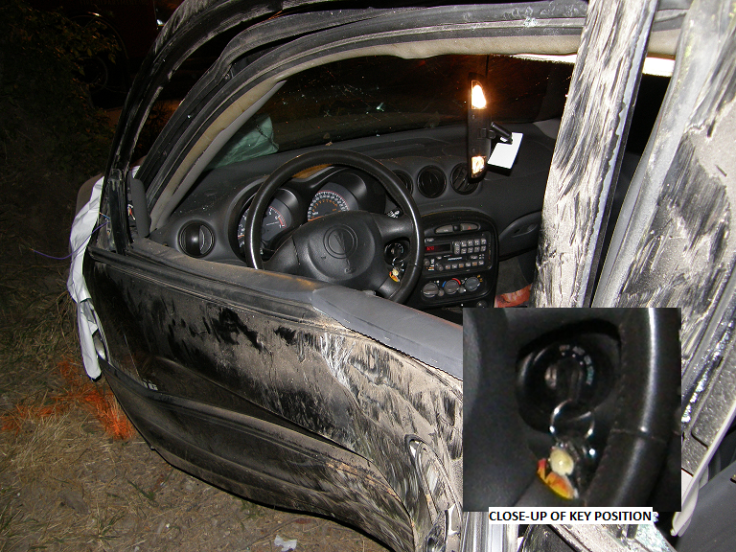General Motors Company (GM) Says At Least 100 Killed By Ignition Switch Flaw

The death toll from defective General Motors ignition switches in older sedans has risen to 100, according to GM’s crash victims’ compensation fund. But critics argue the Detroit automaker is failing to recognize the scope of its ignition-related flaws where different problems with ignition systems led to the key slipping out of the “run” position while the vehicle is in motion, stalling the engine and shutting down power steering, power brakes and air bags.
As of Friday, GM’s compensation fund, headed by famous mediation attorney Kenneth Feinberg, recognizes 100 deaths, 172 injuries that required hospitalization, and a dozen serious life-altering injuries, such as brain damage and amputations. The fund is accepting claims from owners of 2.6 million Chevrolet, Saturn and Pontiac sedans ranging from model years 2003 to 2010. In those cars, a tiny spring inside a switch component isn’t strong enough to hold the ignition key in place under all typical driving conditions.
Last year, GM issued eight separate recalls for key-slippage problems encompassing about 13.5 million cars worldwide, including about 9.5 million in the United States. But only the recalls associated with the switch component are eligible for direct compensation from GM. The automaker identified five separate reasons for the key slippage problem, including an oversize fob that could be bumped out of position by a driver’s knee. GM says only the key problems linked directly to the flawed switch component (the weak spring) are eligible for compensation through its fund.
“The GM Ignition Compensation Fund administered by Kenneth Feinberg covers claims by those injured in vehicles under the February/March and April ignition switch recalls,” said Steve Berman, managing partner of Hagens Berman. “It excludes claims arising out of the vehicles affected by five other 2014 ignition-switch recalls.”
Berman is representing Tracy and Denise Tucker, who filed a wrongful death lawsuit on Monday against General Motors. The Tuckers' 17-year-old son Tanner died in an August 2010 accident while driving a 2002 Pontiac Grand AM in which the vehicle collided with a tree and the air bags failed to deploy. The suit claims that investigators could never determine the cause of the crash until, four years later, the family received a safety recall notice from GM asking that the vehicle be taken in to fix an “unintended key rotation.” GM does not include the 2002 Pontiac Grand AM in its list of vehicles eligible for its internal product defect compensation fund.
According to a safety recall acknowledgement letter from the U.S. National Highway Traffic Safety Administration, the car Tanner was driving suffered from a problem in which road conditions or the weight of the key ring, “or some other jarring event may cause the ignition switch to move out of the run position, turning off the engine.” Under GM’s 2009 government administered bankruptcy, the automaker also was absolved of product defect liabilities that occurred prior to the bankruptcy. This means anyone who was affected by poorly engineered GM vehicles prior to June 2009 will have to build a case that GM purposefully hid knowledge of faulty vehicles dating as far back as the 2002 model year while it was going through bankruptcy.
© Copyright IBTimes 2024. All rights reserved.





















